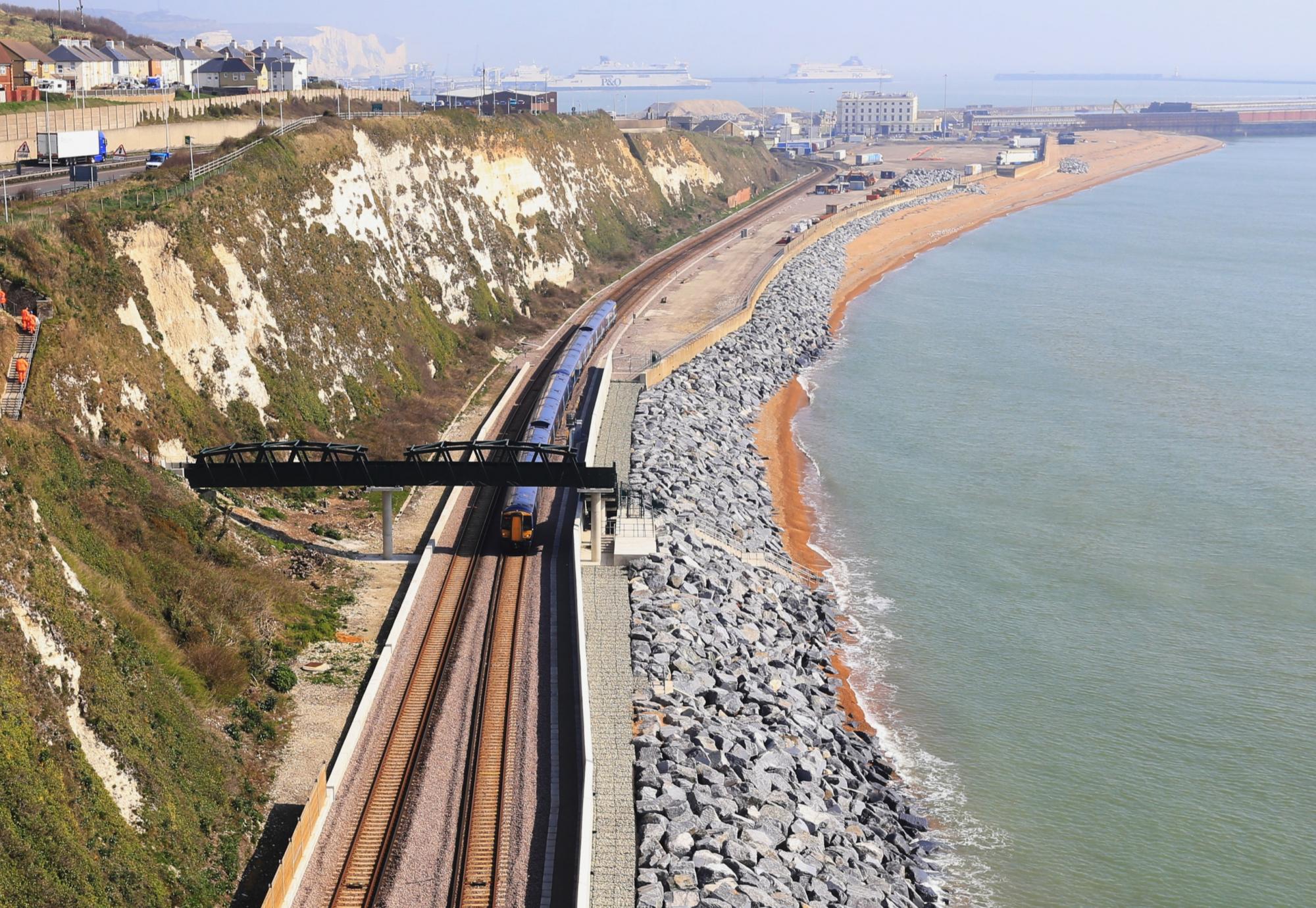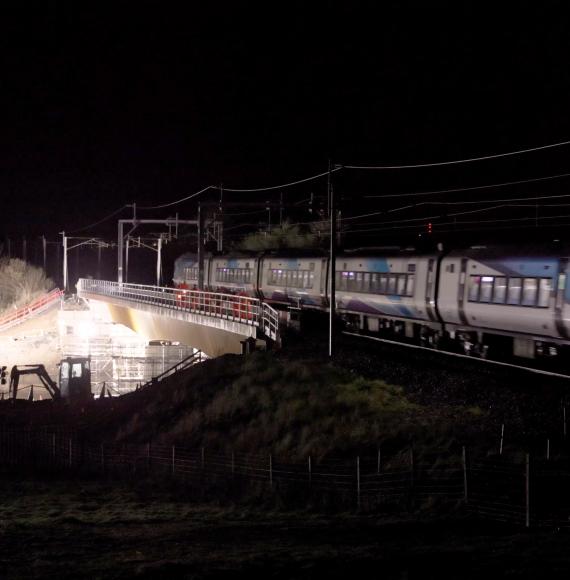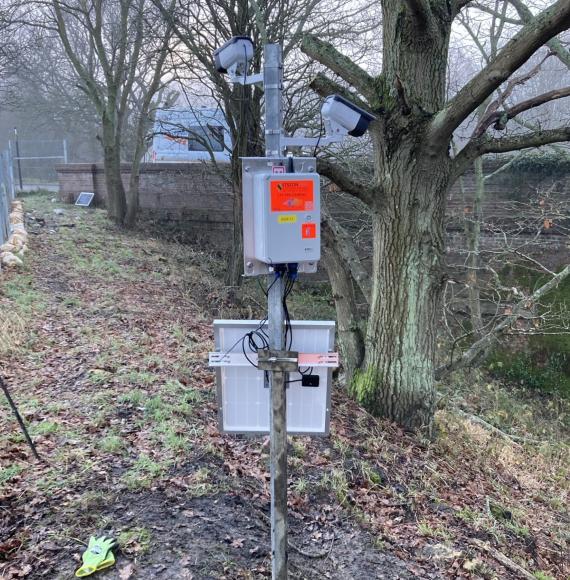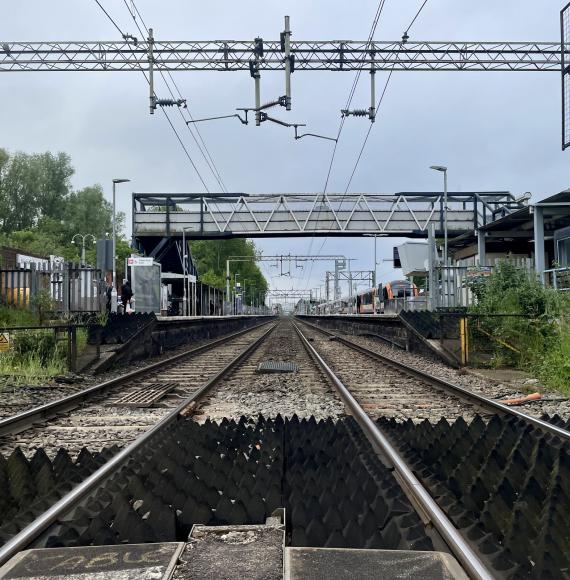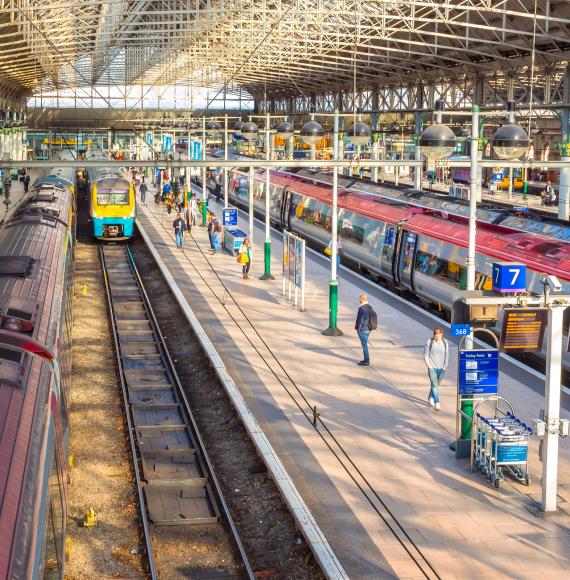As part of a new partnership, Network Rail is developing a new Flood and Coastal Risk Management Framework to improve the railway’s resilience against flooding and coastal erosion.
The initiative comes in response to a sharp rise in extreme weather events linked to climate change, which caused over 1,200 flood-related incidents on the railway in 2023/24 alone – making it the worst year on record.
The framework aims to standardise flood response across the UK rail network, replacing the current fragmented approach that varies by region and train operator.
Flood response in the rail industry currently relies heavily on local knowledge and inconsistent operational rules. The new framework will:
- Improve understanding of current and future flood and coastal vulnerabilities
- Enhance forecasting, decision-making tools, and emergency response processes
- Define Network Rail’s role in wider risk management and emergency coordination
Lisa Angus, Network Rail’s Indsutry Weather Response Director, commented:
“When our railway was built between 200 and 150 years ago, engineers chose the most level routes they could, usually along rivers or the beach, cut into hillsides or raised on embankments made of whatever material was nearby.
“This means our railway is often the lowest part of the landscape, providing an accidental drainage channel, or sits just above water level. In addition, railway embankments were never designed to be flood defences, and are not classed as such, but they often still act that way for communities.
“Climate change means those weaknesses are becoming a greater problem and we need a new approach to tackle flooding, not on our own but as part of the country’s critical infrastructure.”
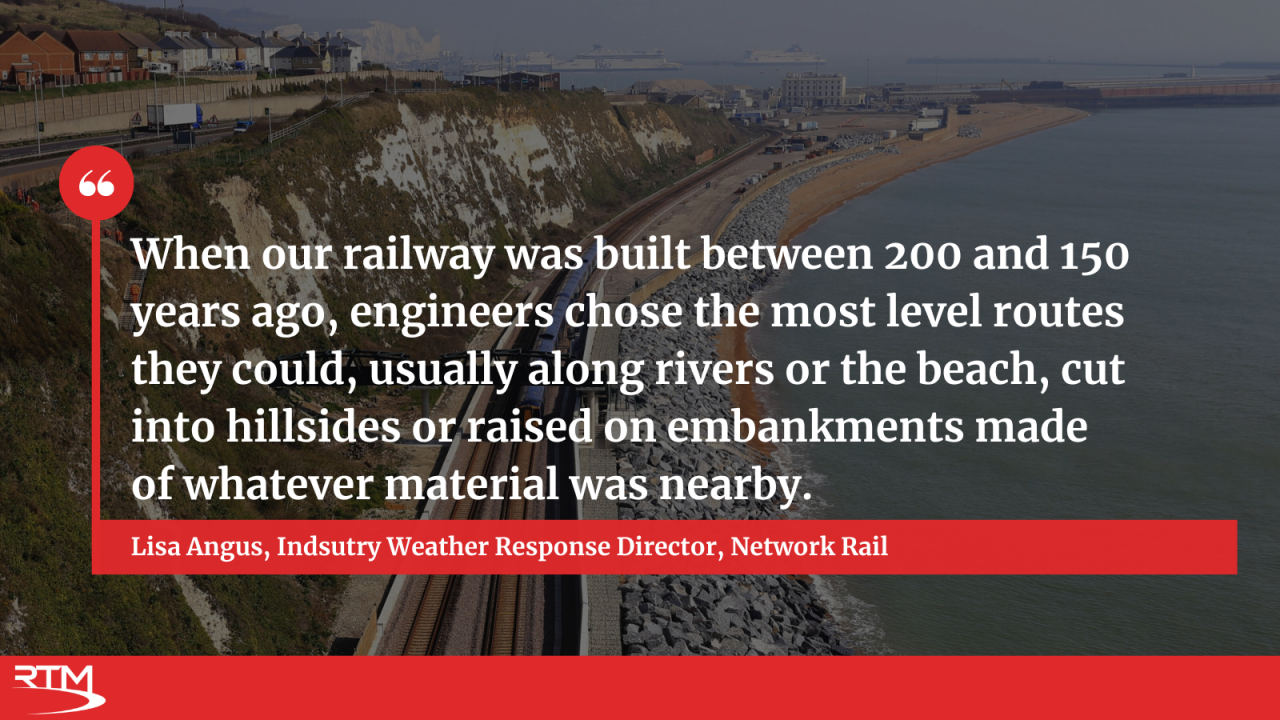
This strategic approach will help ensure safer, more reliable rail services and reduce disruption for passengers.
Network Rail is also working with MetDesk Ltd for specialist forecasting and has signed a Memorandum of Understanding (MoU) with the Met Office to enable closer sharing of research and probabilistic forecasting data.
Together, these partnerships will support the development of a nationally coordinated flood resilience strategy, helping the railway adapt to the growing threat of climate-related disruption.
Image credit: Network Rail

